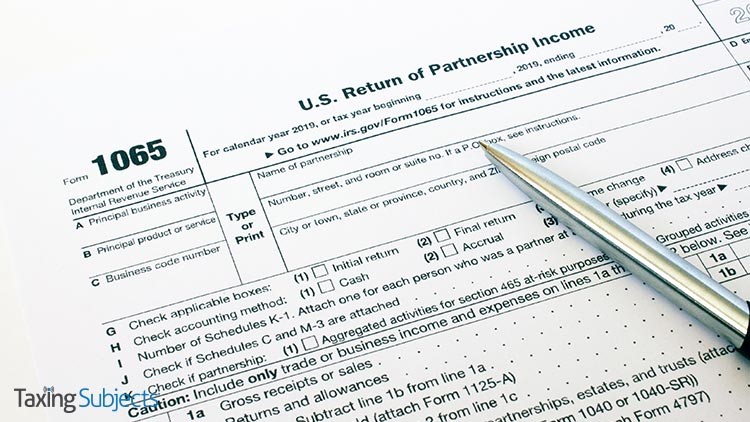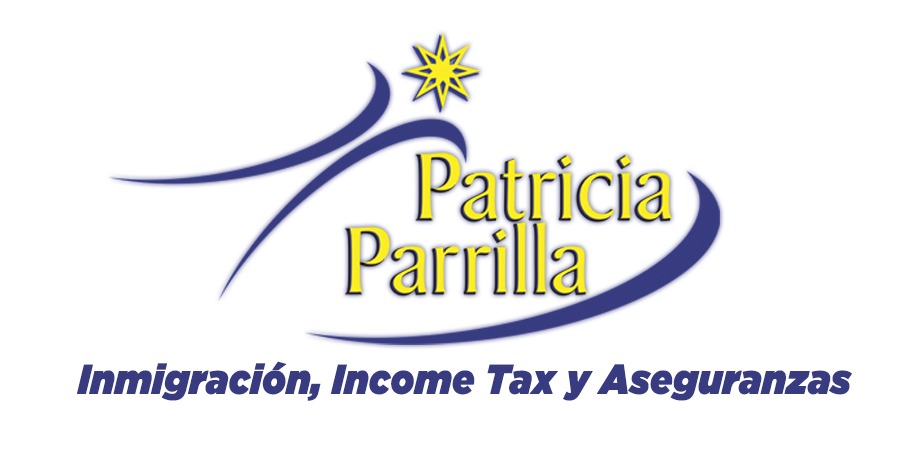
The Internal Revenue Service has released an early draft of the instructions to Form 1065, U.S. Return for Partnership Income for tax year 2020 (filing season 2021). The changes include revised instructions for partnerships that are required to report capital accounts to partners on Schedule K-1 (Form 1065).
The revision, the IRS says, is part of its larger effort to improve the quality of the information reported by partnerships to the agency and furnished to partners to encourage increased compliance.
New verbiage directs partnerships filing Form 1065 for tax year 2020 to calculate partner capital accounts using the transactional approach for the tax basis method. Under the tax basis method in the instructions, partnerships report partner contributions, the partner’s share of partnership net income or loss, withdrawals and distributions, and other increases or decreases using tax basis principles as opposed to reporting using other methods such as GAAP.
The IRS contends the change should not come as a surprise. The agency says its data shows most partnerships already use the tax basis method, although previously partnerships could report capital accounts determined under multiple methods.
This change represents a new level of compliance.
The IRS release announcing the draft instructions says its new directions are geared toward bringing capital reporting into a new standard:
“Partnerships that did not prepare Schedules K-1 under the tax capital method for 2019 or otherwise maintain tax basis capital accounts in their books and records (for example, for purposes of reporting negative capital accounts) may determine each partner’s beginning tax basis capital account balance for 2020 using one of the following methods: the Modified Outside Basis Method, the Modified Previously Taxed Capital Method, or the Section 704(b) Method, as described in the instructions, including special rules for publicly traded partnerships.”
The Department of the Treasury and the IRS have released Notice 2020-43 in an effort to get public comment on other possible methods to report capital accounts to partners. The IRS says it’s already gotten “numerous comments from taxpayers requesting the tax basis approach be retained.”
At the same time, however, the IRS says it did not get any suggestions for a practical alternative approach to partner capital account reporting. The IRS sees this as good news, as reporting using only one method helps it assess compliance risk and helps to assure that compliant taxpayers’ returns are less likely to be examined.
IRS is helping partnerships ease into compliance.
The Treasury and IRS say they want to help partnerships comply with the new instructions, so they’ll issue a notice that provides additional penalty relief for the transition in tax year 2020.
The notice will provide that solely for tax year 2020 (for partnership returns due in 2021), the IRS will not assess a partnership a penalty for any errors in reporting its partners’ beginning capital account balances on Schedules K-1 if the partnership takes ordinary and prudent business care in following the form instructions to calculate and report the beginning capital account balances.
This relief will be in addition to the reasonable cause exception to penalties for any incorrect reporting of a beginning capital account balance.
The IRS says it released the draft instructions to give tax professionals a preview of the changes and to provide software providers the information needed to update systems before the final version is released in December.
IRS is now accepting comments for 30 days at lbi.1065.comments@irs.gov.
The agency plans similar revisions, as they apply, to Form 8865, Return of U.S. Persons with Respect to Certain Foreign Partnerships.

 Patricia Parrilla Tax Services
Patricia Parrilla Tax Services